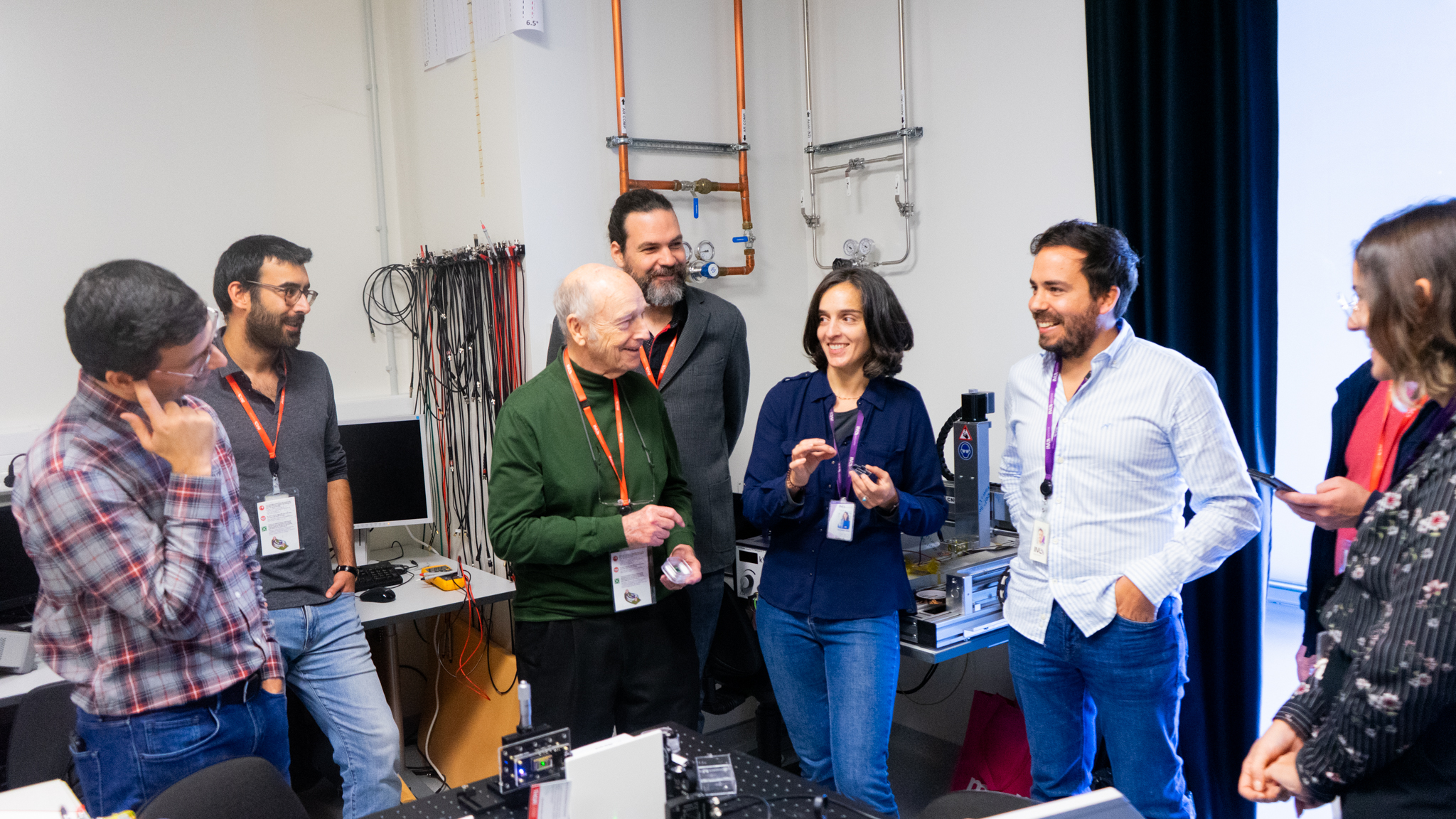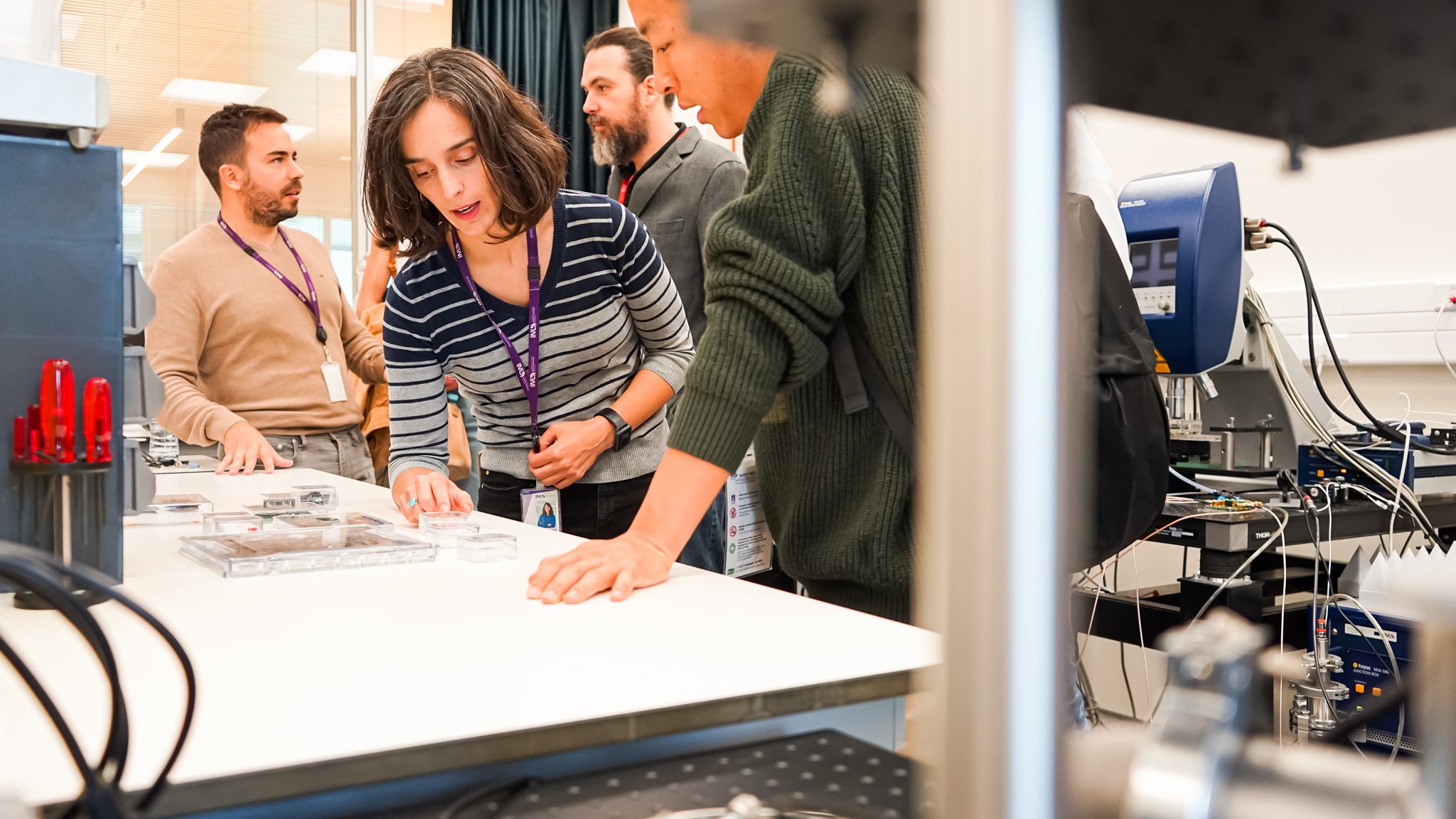
First nano-satellite to study terrestrial gravity will count on INL contribution
July 8, 2020
Are you following us?
The INL – International Iberian Nanotechnology Laboratory is part of the uPGRADE project, involving also universities, will cost 2.6 million euros, and aims to measure oscillations in terrestrial gravity, looking for changes in the distribution of ice over the surface of the Earth.
It can be considered the first nano-satellite in the world and will be developed by a consortium including ISQ – Instituto de Soldadura e Qualidade, Spin.Works and the University of Minho. These three Portuguese entities will count on the collaboration of INL and the University of Texas – Austin.
INL work is being coordinated by Rosana Dias is a Staff Researcher in the Micro and Nanofabrication Department (Microfabrication and Exploratory Nanotechnology research group) at INL.
This new space-going device is designed to have no more than 1/1000 of the volume of its predecessors with about 1/100 of the cost. The main objective of this satellite will be the permanent monitoring of the underground water reservoirs.
The uPGRADE nano-satellite is part of the ‘Go Portugal– Global Science and Technology Partnerships Portugal’ initiative is co-financed by the FEDER program, through Compete2020 of the European Union, by the Regional Operational Programs and by the Foundation for Science and Technology (FCT) and will follow the observations made by NASA’s GRACE and GRACE-FO”, two other satellites with a similar mission.



